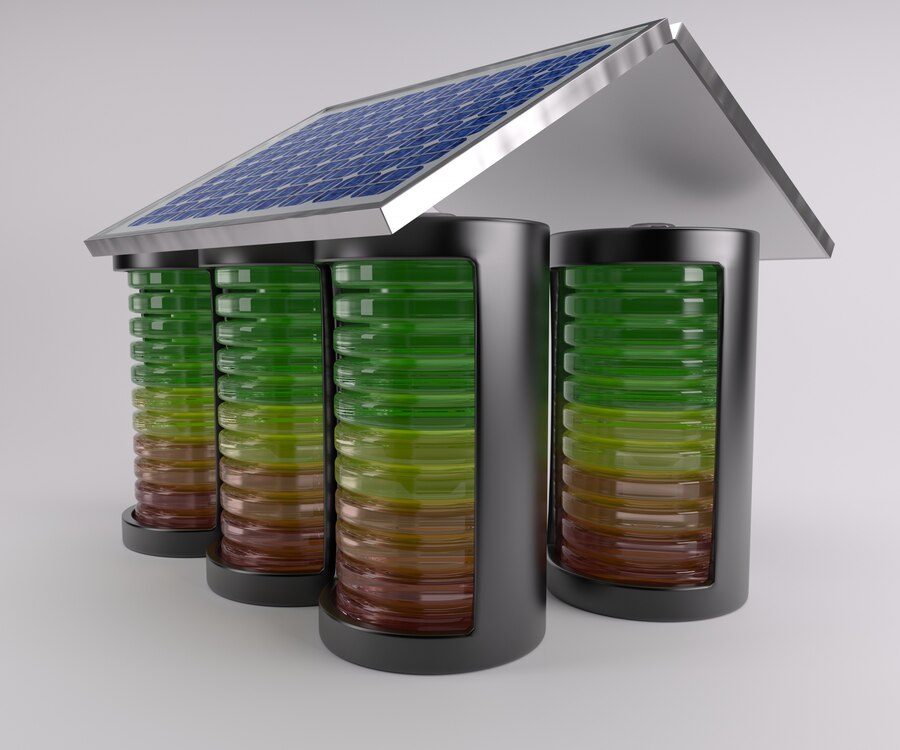Happy Shopping
Happy Shopping

Solar products and lights are commendable alternatives, but they are NOT equivalent to
mains-powered lights.
Dear Valued Clients,
As you explore the option of purchasing solar lights for your use, it's crucial to understand that while solar lights offer a commendable alternative, they are not equivalent to mains-powered lights. Please carefully consider the information provided below to make well-informed decisions tailored to your specific needs.
Sunlight Dependence:
Solar floodlights rely on sunlight for charging, making them less efficient during cloudy or rainy days or in areas with limited sunlight. Variations in the sun's path during different seasons can significantly impact their performance, requiring users to gauge the difference in outcomes.
Initial Cost:
Solar flood lights often come with a higher initial cost compared to traditional electric flood lights. This includes the lights themselves and any additional installation or wiring expenses, which may act as a deterrent for those working within a budget.
Brightness and Runtime Limitations:
Solar floodlights typically exhibit lower brightness levels than their electric counterparts. The light output depends on the size and quality of the solar panels and batteries. Additionally, limited runtime, especially during seasons with shorter daylight hours, can be a consideration. Various sensor modes, such as day-night sensors, motion sensors, and intelligent battery sensor modes, influence light production and efficiency.
Maintenance and Lifespan:
Although solar flood lights require minimal maintenance compared to wired lights, periodic attention is necessary. Cleaning the solar panels is essential for optimal charging efficiency, and the limited lifespan of the batteries may incur replacement costs over time.
Solar Panel Placement and Positioning:
Strategic placement is crucial for solar floodlights to receive maximum sunlight. Challenges arise in shaded areas or locations with obstructions, such as trees, that block sunlight. Proper positioning is essential for effective charging and optimal lighting performance. Users can notice that the same models of light perform differently when installed on different positions in the same premises.
It's imperative to weigh these disadvantages against the advantages of solar lights to determine their suitability for your specific needs and circumstances. For areas where safety is a top priority, especially in less secure or theft-prone locations, mains-powered lights may be a more reliable option.
Thank you for considering these factors as you make your solar product purchase decisions.
Best regards,
Team Glitz